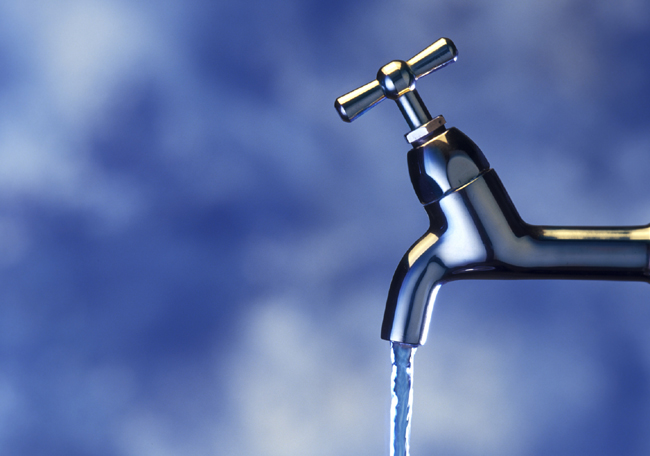A year ago, the CSIR suspended a noted water expert for suggesting SA was facing a water crisis, following a categorical statement by the then minister that there was none
This week both the Deputy President Kgalema Mothlante and Water Affairs minister Buyelwa Sonjica highlighted the water issues in terms verging on alarmism, with Mothlante explicitly warning that a “crisis” was in the offing if quick action was not taken.
The tide-change in government’s attitude is indicative of a much more receptive and less belligerent stance of the Zuma government to potential problems.
But it has come at a huge cost to Dr Anthony Turton, who was charged with insubordination and bringing the CSIR into disrepute in November last year.
Turton was about to give the keynote address, A Clean South Africa, at the CSIR’s “Science Real and Relevant” conference, but he was forbidden from delivering it at the last minute.
The accusation was that the presentation contained “unsubstantiated” facts and photographs of the xenophobic attacks which took place earlier in the year.
Turton was simply trying to illustrate the social consequences that could arise from a lack of water. Weirdly, his presentation remained posted on the CSIR’s web-site, so we got to see the whole thing. Turton intended to say that South Africa had run out of surplus water, with 98 percent of it already allocated. He said that because most rivers and dams were highly polluted, they had lost the ability to dilute effluents.
The CSIR, a government funded organisation, denied it was preventing Turton from presenting his views. But it was noteworthy how different Turton’s approach was to the then minister of Water Affair Lindiwe Hendricks.
In the wake of the electricity crisis ravaging SA at the time, an atmosphere of “what’s next to collapse” spread, and it was in this light that Hendricks addressed parliament.
“South Africans can rest assured that we do not have a ‘water crisis’ resulting from poor planning; our planning systems are strong and we have looked at future water needs, however, we cannot allow that comfort to lead to inaction,” she said.
Earlier in the speech she noted that most dams were around 70% full because of good rains, and consequently concluded “In terms of macro water availability, there is no crisis, but we do face some challenges in other areas.”
Compare this to Motlanthe address recently to the National Council of Provinces: “If we don’t do this [address the problem], we’re going to have big problems. Our landscape is semi-desert and water is a scarce commodity. Our next crisis will stem from this.”
Current Water Affairs Minister Buyelwa Sonjica has also entered the fray, saying SA needed to spend about R70bn to improve its bulk water infrastructure. This is after Hendricks bragged about spending a mere R1,3bn.
Sonjica said 23 bulk water projects were in the construction phase, 11 were in tender and design phase and 47 feasibility studies had been undertaken.
Speaking at the launch of the Maquassi Hills bulk water supply project in the North West, Sonjica said the bulk water infrastructure project was in its third year of implementation, but would have to be maintained “for at-least several more years” until most of the regional infrastructure bulk needs have been addressed.
Meanwhile the issues has begun to attract the attention of a wider audience, with various media outlets addressing the issue.
News24 quotes Cannon Asset Managers’ Adrian Saville saying. “I can’t even begin to tell you how extensive the costs would be, but it could be a material threat on businesses and consumers alike.”
News24 also spoke to construction and geo-technical group Esorfranki’s pipelines division, a company exposed to the sector, whose MD Andrew Toy said”. “We believe that a water crisis is looming, if it is not already with us.”
Business Day cites a new study compiled by the Water Research Commission, claiming SA has 4% less water than previously believed. This may lead to the postponement of new mines and power stations because of insufficient water resources.
The new concern about the issue is welcome: pity it comes at the cost of a whistle-blower.
By Tim Cohen
















 Become an Insider
Become an Insider